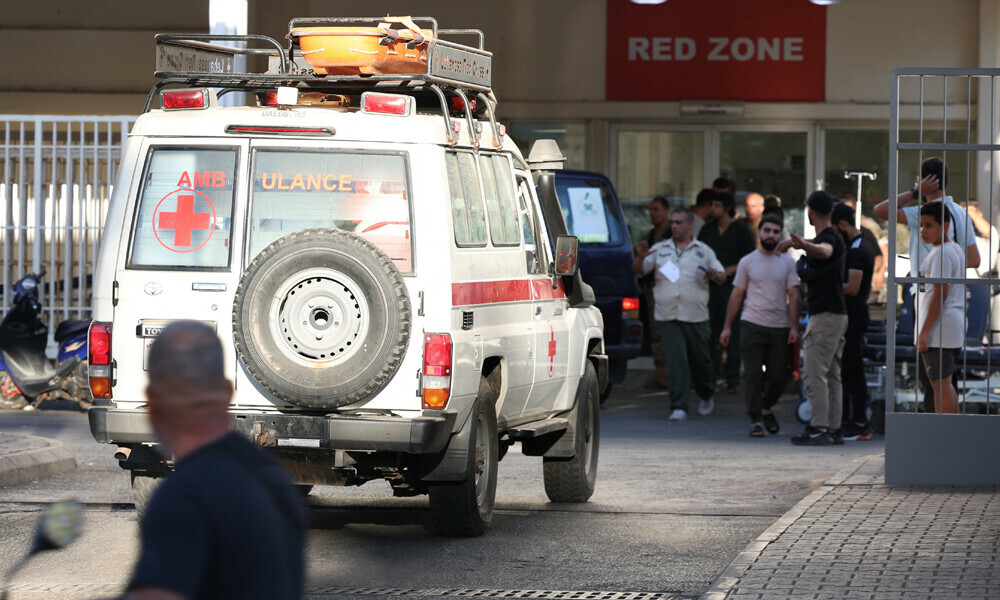
Türkiye's Minister of Transport and Infrastructure Abdulkadir Uraloglu addressed concerns over the recent pager explosions in Lebanon, stating that such devices are rarely used in Türkiye and that there is no associated risk.
Speaking on the matter, the Turkish minister emphasized the limited use of pagers in Türkiye, highlighting that mobile phones have replaced such devices. "I can confidently say there is no risk in Türkiye related to pagers, as they are hardly used," Uraloglu stated.
He explained that organizations looking to avoid surveillance have used pagers instead of mobile phones, as radio wave communication is more difficult to track. "This is the case with Hezbollah in Lebanon and Syria, based on the information we have," Uraloglu added, referencing the recent attacks that resulted in nine deaths and multiple injuries.

Minister Uraloglu discussed two potential scenarios for how the pager explosions in Lebanon occurred.
"While we have seen batteries explode, causing minor injuries or fires, the first scenario involving explosives seems more plausible in this case," he said.

On the topic of Türkiye’s cybersecurity, Uraloglu reassured the public, stating, "We are among the top 10 countries globally in cybersecurity." He noted that Türkiye has made significant progress in localizing its technology and developing software and hardware to enhance security.
Uraloglu emphasized Türkiye's ongoing efforts to prevent cyberattacks, stating, "We prevent over 400 major attacks daily. There is no reason for our citizens to worry, but we recognize there is still much work to do."